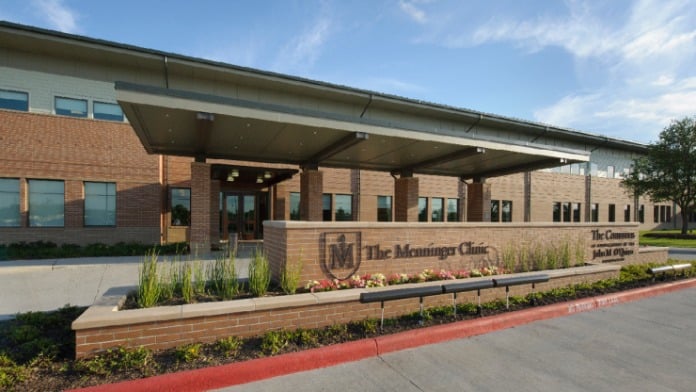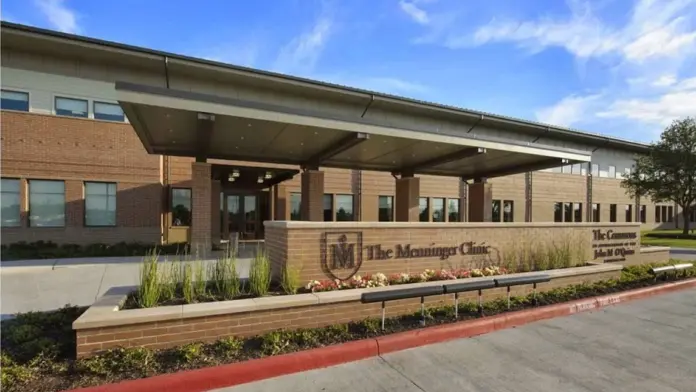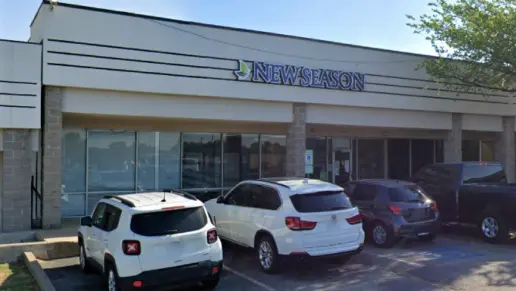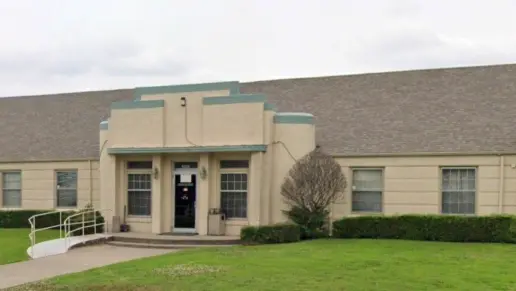About The Menninger Clinic
The Menninger Clinic provides substance abuse and mental health treatment for adolescents and adults in Houston, Texas. They offer inpatient and outpatient services. Your recovery starts with a thorough assessment so they can determine your needs and see if their service is a good fit.
Their unique program offers multiple pathways that you can select to emphasize treatment in the areas you need most. In addition to substance abuse, you can choose other aspects, like emotional regulation, to examine new coping mechanisms.
Guests attend individual therapy where they can address the root causes of their addiction issues. These sessions help you identify healthier coping skills, recognize substance use triggers and learn relapse prevention strategies for the future. It allows one on one time with a skilled professional where you can share feelings related to your addiction.
Group psychotherapy sessions provide time with others in recovery who may share similar backgrounds and challenges. They can create a support network and reduce feelings of isolation that often come with substance abuse or mental health conditions. You will access proven methods, like dialectical behavior therapy, cognitive behavior therapy and self-compassion.
They have drug or alcohol recovery groups where you find continued support for your recovery. Family involvement is encouraged. Social workers can schedule meetings with loved ones where they can understand your journey and learn about the disease of addiction.
Before completing treatment, you’ll have a discharge plan that assists with ongoing recovery treatment. The team will suggest the level of treatment that helps with your long term recovery goals.
They have a large, 50 acre campus with amenities like a saltwater pool, courtyard and a fully equipped gym. You’ll also have chef prepared meals with vegetarian and gluten free options available.
Latest Reviews
Rehab Score
Gallery






Location
Accepted Insurance
Other Forms of Payment
Private insurance refers to any kind of healthcare coverage that isn't from the state or federal government. This includes individual and family plans offered by an employer or purchased from the Insurance Marketplace. Every plan will have different requirements and out of pocket costs so be sure to get the full details before you start treatment.
Self-pay involves paying for treatment out of your own pocket. You can use savings or credit, get a personal loan, or receive help from family and friends to fund your treatment. If you don't have insurance or your insurance plan doesn't cover a specific program, self-pay can help ensure you still get the care you need.
Addiction Treatments
Levels of Care
Treatments
Mental health rehabs focus on helping individuals recover from mental illnesses like bipolar disorder, clinical depression, anxiety disorders, schizophrenia, and more. Mental health professionals at these facilities are trained to understand and treat mental health issues, both in individual and group settings.
Programs



Clinical Services
Whether a marriage or other committed relationship, an intimate partnership is one of the most important aspects of a person's life. Drug and alcohol addiction affects both members of a couple in deep and meaningful ways, as does rehab and recovery. Couples therapy and other couples-focused treatment programs are significant parts of exploring triggers of addiction, as well as learning how to build healthy patterns to support ongoing sobriety.
Research clearly demonstrates that recovery is far more successful and sustainable when loved ones like family members participate in rehab and substance abuse treatment. Genetic factors may be at play when it comes to drug and alcohol addiction, as well as mental health issues. Family dynamics often play a critical role in addiction triggers, and if properly educated, family members can be a strong source of support when it comes to rehabilitation.
Group therapy is any therapeutic work that happens in a group (not one-on-one). There are a number of different group therapy modalities, including support groups, experiential therapy, psycho-education, and more. Group therapy involves treatment as well as processing interaction between group members.
In individual therapy, a patient meets one-on-one with a trained psychologist or counselor. Therapy is a pivotal part of effective substance abuse treatment, as it often covers root causes of addiction, including challenges faced by the patient in their social, family, and work/school life.
Trauma therapy addresses traumatic incidents from a client's past that are likely affecting their present-day experience. Trauma is often one of the primary triggers and potential causes of addiction, and can stem from child sexual abuse, domestic violence, having a parent with a mental illness, losing one or both parents at a young age, teenage or adult sexual assault, or any number of other factors. The purpose of trauma therapy is to allow a patient to process trauma and move through and past it, with the help of trained and compassionate mental health professionals.
Amenities
-
Gym
-
Gardens
Accreditations

The Joint Commission, formerly known as JCAHO, is a nonprofit organization that accredits rehab organizations and programs. Founded in 1951, the Joint Commision's mission is to improve the quality of patient care and demonstrating the quality of patient care.
Joint Commission Accreditation: Yes
Accreditation Number: 3007
Contact Information
12301 Main Street
Houston, TX 77035






